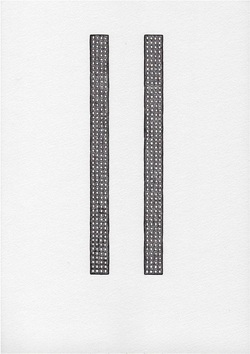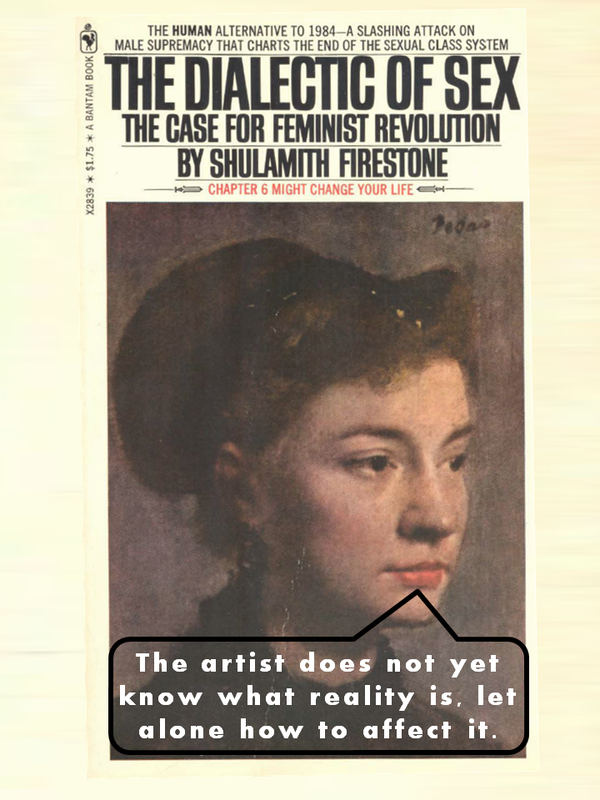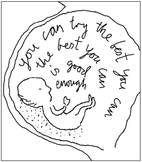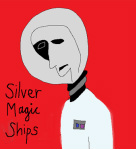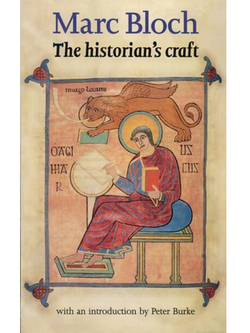
This terrible loss of life and the unbearable grief of their loved ones have been compounded over the past 23 years by a deliberate and systematic attempt to cover up what happened. That much is clear from the report released today.
One of its most startling findings relates to the fact that written statements made at the time by police officers and members of the South Yorkshire Metropolitan Ambulance Service were altered. Why? The answer is emphatic:
“Some 116 of the 164 [police] statements identified for substantive amendment were amended to remove or alter comments unfavourable to SYP [South Yorkshire Police].”(1)
In other words, our supposed custodians of law and order – both then and since – have been more interested in their own image and reputation than in finding out what went so catastrophically wrong.
And this, I argue, is why a so-called “academic” subject such as History is so vital to a democratic and viable society. Compare the contemporary example set out above with this quotation from The Historian’s Craft by Marc Bloch:
One of the most difficult tasks of the historian is that of assembling those documents which
he [or she] considers necessary... Despite what the beginners sometimes seem to imagine,
documents do not suddenly materialize, in one place or another, as if by some mysterious
decree of the gods. Their presence or absence in the depths of this archive or that library
are due to human causes which by no means elude analysis. The problems posed by
their transmission, far from having importance only for the technical experts, are
most intimately connected with the life of the past, for what is at stake is nothing less
than the passing down of memory from one generation to another.
Bloch had no need to restrict his attention to “the life of the past”. Because “the passing down of memory from one generation to another” occurs in the here and now. The Hillsborough disaster is history. But its living legacies are life, truth and justice in the present. These qualities should be our memorial to ten-year-old Jon-Paul Gilhooley who, together with 95 fellow supporters, became the innocent victim of official incompetence, misconduct and suppression on that fateful day in April 1989.
____
Notes
(1) Hillsborough: The Report of the Hillsborough Independent Panel, September 2012, HC 581, London: The Stationery Office, p. 339.
(2) Marc Bloch, The Historian’s Craft, Manchester: Manchester University Press, 2004, pp. 57-59.
